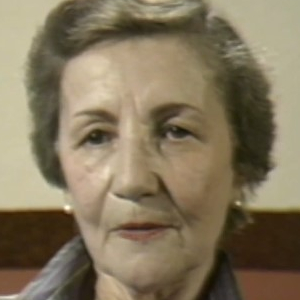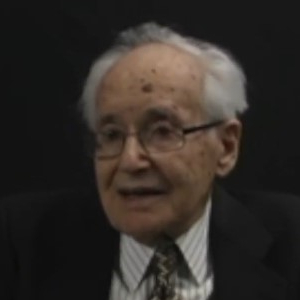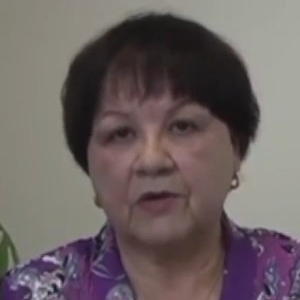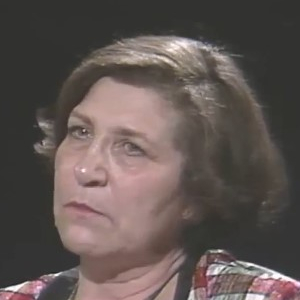Martin Baranek
Martin describes the conditions he endured at Mauthausen. He remembers beatings and not being fed.
Martin Baranek was born August 15, 1930 in Starachowice, Poland. His parents Moshe and Haja Baranek had two sons, Martin and his younger brother Hezkel. His family was middle-class and Orthodox, but not very religious. Although there were about 800 Jewish families in Starachowice, it was very antisemitic and Martin was frequently picked on in school by both his peers and teachers.
In 1942 Martin and his father started working in a woodworking labor camp. Martin lied about his age to work in the camp, but was allowed to stay. In 1944, the labor camp was liquidated and the workers were forced onto cattle carts to Birkenau. Because Martin and his father arrived from a labor camp they did not have to go through selection and were tattooed upon arrival. His father was sent to work in Auschwitz, and Martin was put in the children’s block. He never saw his father again. Martin was put to work pulling wagons full of wood between barracks for heating.
On January 18, 1945 Birkenau was evacuated. Martin was forced to march towards the Austrian border for two days, then put on a train bound for Czechoslovakia (now separated into Czechia and Slovakia). On January 30 1945, Martin was taken to Mauthausen (in Austria). After spending three months in Mauthausen, Martin was forced to march to Gunskirchen. Martin was in Gunskirchen until he was liberated on May 4, 1945.
After liberation, Martin decided to go to Italy with help from the Jewish Brigade Group instead of returning to Poland. He stayed in a displaced persons camp in Modena, and then lived in Rome with some friends. While in Rome Martin began to go to a school run by a Jewish organization. After one year in Italy, in 1946 Martin and a group of other young people attempted to take a boat to Palestine, but got stuck in the Mediterranean ocean. They were caught by the British military and sent to an internment camp in Cyprus. In December 1946 Martin arrived in Palestine under British mandate and attended a special school programs for children from displaced person camp. In 1948 he enlisted in the Arab-Israeli War.
Martin learned that his mother had survived the war and was searching him in Poland. She thought he did not survive Birkenau and immigrated to Canada. While in Canada his mother learned through the Red Cross that Martin was still alive. Martin arrived in Canada on December 4, 1949. He married Betty Eidelman in October of 1953, and they had four children. Martin believes Holocaust education is very important and continues to share his experience with public audiences. He published a memoir in 2018, and a book in 2021.
Martin Baranek currently lives in Toronto, and his full testimony is part of the Canadian Collection of Holocaust survivor testimonies. It is preserved in the USC Shoah Foundation’s Visual History Archive and accessible through the Ekstein Library.
Martin BaranekMauthausen was… the worst that a human being… can go through.
Testimony to discover
-
Camp

Miriam Spinak
Miriam describes her work sorting through items that were taken from recently arrived prisoners. She recalls finding a baby in a suitcase and many pra...
Listen -
Liberation

Paul Bard
Paul recalls when he was liberated. He describes his reaction seeing the American soldiers and how he felt in the moment.
Listen -
Escape

Regina Halpern
Regina describes her flight to Italy with her mother and brother. She distinctly remembers the conditions of the ship and what happened to her family ...
Listen -
Living under false identity

Renata Zajdman
Renata explains how she avoided being outed as Jewish. She describes how she was sent to Germany to work as a Pole, not a Jew.
Listen
Educators & Students
Educational guides
Check resources